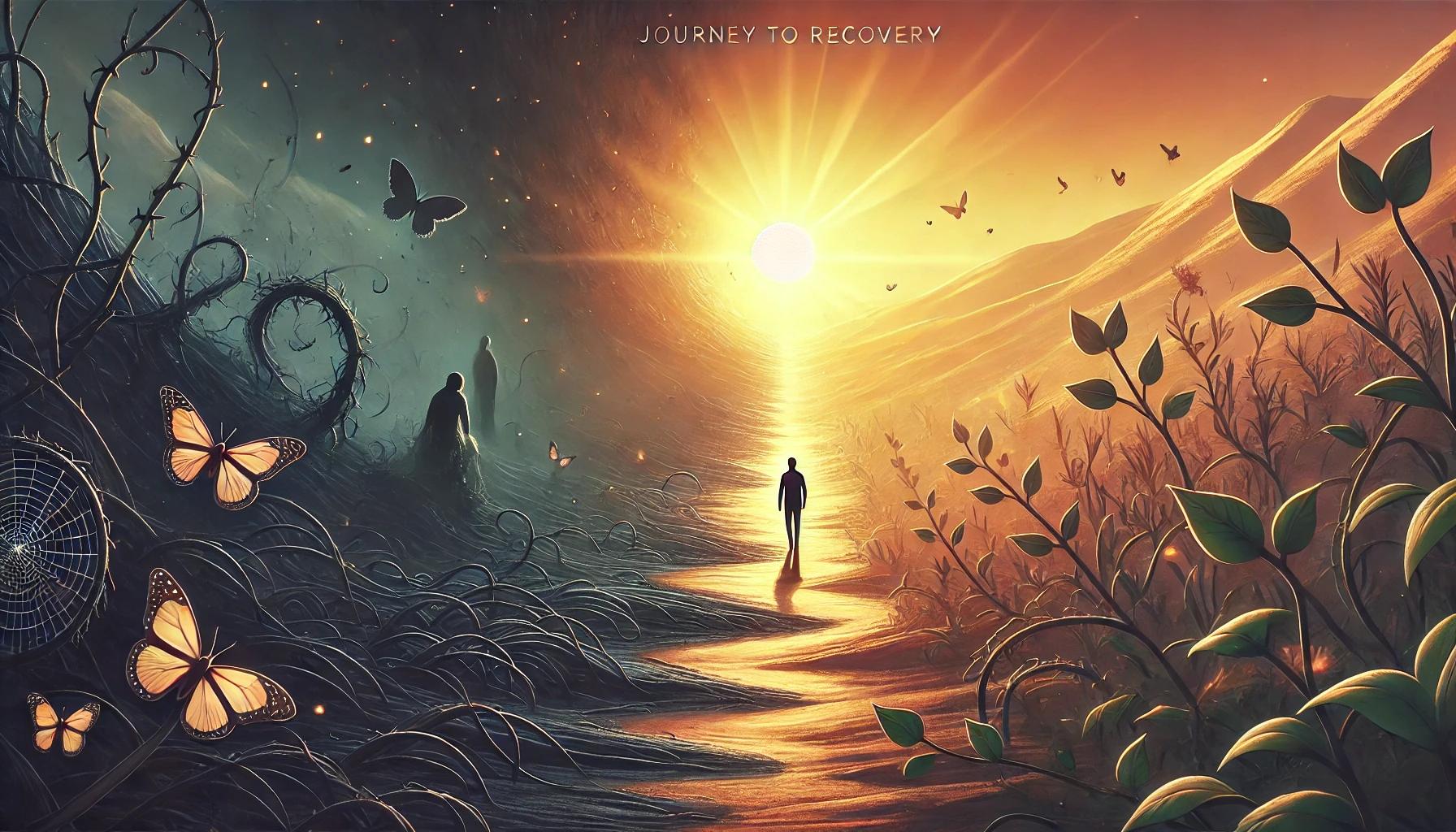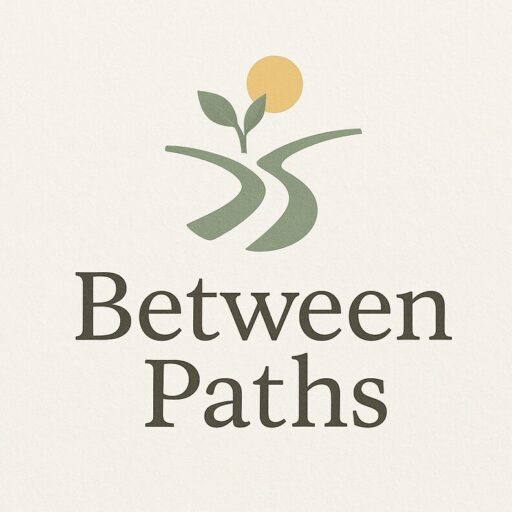Therapist Insights: Personal Reflections on the Therapy World
Thoughts From an Independent Therapist
Welcome to the Therapist Insights page. I’m Adrian, an experienced therapist who spent over 14 years running a successful private online practice. This page shares my personal reflections on the therapy profession — what I’ve learned, what concerns me, and what I believe people need to know when looking for therapy or working with a therapist.
Please keep in mind: these are just my opinions, drawn from real experience. You should always decide for yourself what feels right for you. Therapy is personal — and there’s no one-size-fits-all path.

Red Flags in Therapy
Identify key warning signs that may indicate harmful therapist behaviors and keep yourself safe.

Healthy Boundaries
Understand the importance of boundaries to foster a safe therapeutic space.

Therapist Accountability
Gain insights into holding therapists accountable for your well-being and building self-respect.
The Problem with Therapist Titles and Jargon
One of the first things I like to be upfront about: therapy isn’t a science. It’s a human interaction.
Science is about evidence, control, and repeatable results. Therapy, on the other hand, is full of variables — emotions, relationships, past trauma, personality, context. There’s no “formula” for healing. Therapy is influenced by theory, yes, but most approaches are based on personal experience, not provable data.
You can’t measure grief. You can’t put heartbreak in a test tube. You can’t scan someone’s brain and say “right, now we know how to fix their sadness.”
So if therapy has ever felt a bit vague or messy — that’s because it is. And that’s okay. What matters most is that you feel seen, respected, and safe.
My Personal Experience With Hostility in the Therapy Profession

Years ago, when I started offering therapy online, it wasn’t common practice. I was met with open hostility — other therapists ridiculed me, dismissed my approach, and in some cases, were downright abusive.
I withdrew from any online interations due to the constant harisment, I was not equiped to deal with it at the time.
Challenging the norm
Now, of course, online therapy is widely accepted and even praised. But back then? I saw how the profession could turn on you if you challenged the norm.
That experience really stuck with me. It quietly shifted something in how I saw the profession — like pulling back a curtain I didn’t even know was there.
From that point on, I started noticing more cracks in the surface. And here’s something that’s not easy to say, but feels important to name: for some, the world of therapy isn’t really about people — it’s about power, prestige, and building personal empires. Behind the scenes, profit often speaks louder than compassion.
The Illusion of Safety in Therapy Registries
Many therapy organisations promote messages like:
“You can trust our therapists” or “We maintain high standards of professionalism.”
The suggestion is clear: if someone’s on the list, you can trust them. But that’s not always true.
⚠️ Important Insight: Don’t Confuse Registration With Safety
Just because a therapist is registered doesn’t mean they’re safe or ethical.
Some of my clients came to me after traumatic experiences with so-called “highly qualified” therapists — some cold, some dismissive, and some even harmful.
Blind trust isn’t protection — it’s a risk.
The Cost of Independence (And Why It’s Not for Everyone)
That’s why I’ve always chosen independence. I don’t want to be part of large organisations that make promises they can’t guarantee. I did try joining one that seemed interesting last year, but it didn’t feel right. I quietly let the membership lapse.
Was that trauma-based avoidance or good instincts? Maybe both. But it’s also part of knowing who I am — and what matters most in this work.
Let me be honest — going it alone came with real challenges.
For 14 years, I ran a thriving private online practice, often supporting clients working overseas. But when COVID hit, that work dried up almost overnight. Most of my client base disappeared.
Because so many new clients came through recommendations, I hadn’t kept my website fresh. It was just a form-filling hub — something to send people to so they could agree to the terms. When I finally tried to use it to attract new clients, it was so outdated that Google had cast it into the abyss of invisible search results. Nothing I did could revive it.
Then came the final blow: I discovered my therapy qualifications were now considered outdated unless I re-did them — expensively. After all that, I decided to step back from the profession and explore new ways of helping people — like this.
So Why Am I Still Here, Talking About Therapy?
Because I still care. I still believe in the power of therapy when it’s done with respect, humanity, and compassion.
This page — and this project — is my way of sharing what I’ve learned with honesty and heart. Not as a guru, not as someone who has all the answers, but as someone who’s walked the path and seen what’s behind the curtain.
If any of this resonates with you, I invite you to explore more of what BetweenPaths has to offer.

Final Thoughts: If You’re Looking for a Therapist…
Here’s what I’d want you to keep in mind:
- 🧭 Trust is earned, not guaranteed by titles
- 🎓 Credentials don’t always mean competence
- 👂 Listen to your gut — it’s usually right
- ❓ Nothing wrong in asking questions
- 🛡️ You don’t owe any therapist blind trust
If any of this resonates with you, you’re in the right place. Stick around, read more, or get in touch.
You’re not alone in wanting something real.
